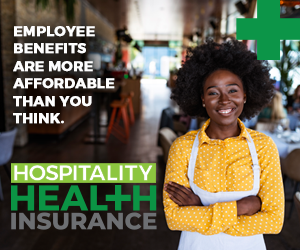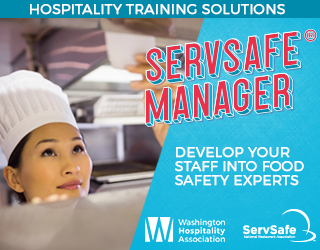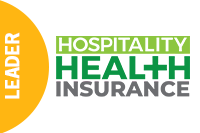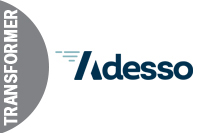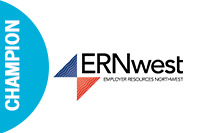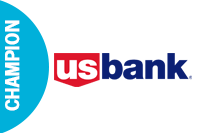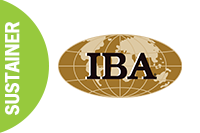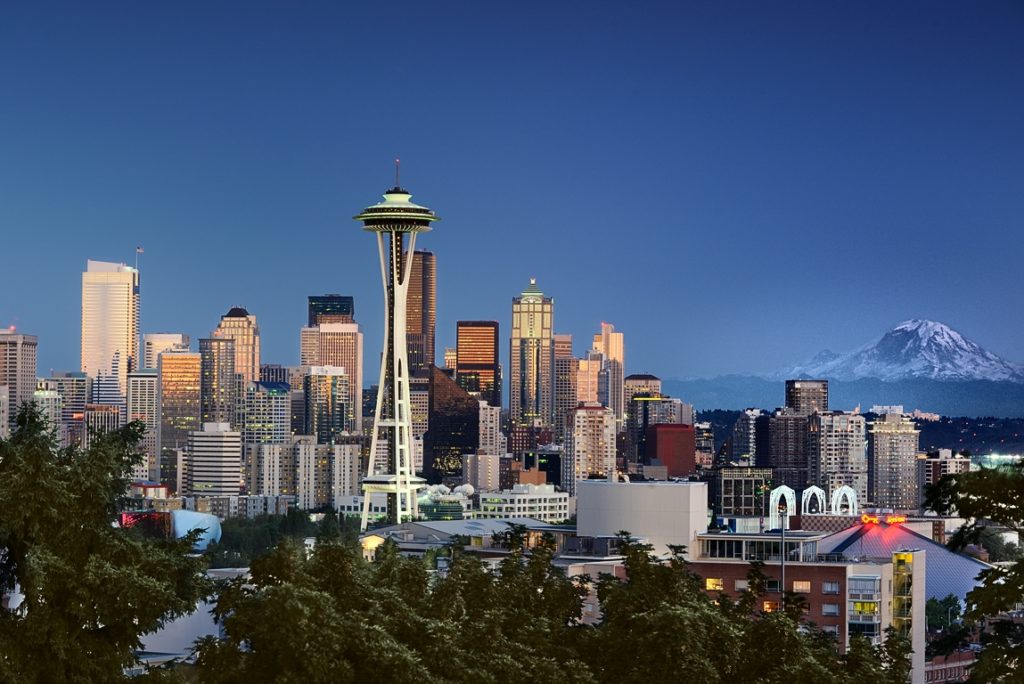
PAID SICK & SAFE TIME (PSST)
In January 2018, Seattle amended this law to reflect the more employee-protective provisions of voter-passed, Washington Initiative 1433, which established statewide paid sick leave for hourly employees working in Washington state. On July 1, 2018, the Seattle PSST rule revisions went into effect. In March 2020, the law was further amended to expand the types of absences for which an employee may use PSST. Those changes took effect March 18, 2020.
- Seattle Office of Labor Standards page on PSST (including March 2020 amendments)
- Ordinance SMC 14.16
- PSST Administrative Rules (Effective July 1, 2018)
- Seattle Comprehensive PSST Q&A
- Seattle PSST Requirements Chart
- Seattle PSST Fact Sheet
- Seattle PSST Q&A – Relative to COVID-19
- Paid Sick and Safe Time Policy Checklist
COMMUTER BENEFITS
Seattle’s Commuter Benefits Ordinance, took effect on January 1, 2020. Businesses with 20 or more employees are required to offer their employees the opportunity to make a monthly pre-tax payroll deduction for transit or vanpool expenses. Employers may also meet the ordinance’s requirements by subsidizing all or part of the cost of a monthly transit pass. The ordinance encourages commuters to use transit options other than single occupancy vehicles, thus reducing traffic congestion and carbon emissions. Because the deduction is pre-tax, the law has the added benefit of lowering the tax bills for both workers and businesses. The Office of Labor Standards (OLS) enforcement begins January 1, 2021.
- Final Administrative Rules – Clarifies rules on subsidies for employee transit passes for compliance
- OLS Commuter Benefit Ordinance Q&A
FOOD PACKAGING, UTENSILS AND STRAWS
Beginning on July 1, 2018, foodservice establishments in Seattle are banned from using disposable plastic straws, utensils and cocktail picks. These items had received annual exemptions from the city’s recyclable and compostable foodservice packaging requirements which went into effect in 2010. In 2017, Seattle Public Utilities announced that these items would no longer be exempt from compostable requirements.
- 10 Things You Need to Know about Straws, Plastic Utensils, Food Packaging and Composting in Seattle
- Seattle Public Utility foodservice packaging requirements
- Summary of new straw and utensil requirement
HOTEL EMPLOYEE ORDINANCES
A recent decision by the Washington State Supreme Court has invalidated Initiative 124, eliminating potential enforcement actions for any alleged non-compliance with provisions of the initiative. I-124 was a Seattle initiative requiring health and safety provisions for hotel employees.
On December 24, 2018, the Court of Appeals ruled I-124 invalid. The decision was appealed to the State Supreme Court. Following the passage of the four Seattle hotel worker ordinances in September, and subsequent repeal of the Hotel Employee Health and Safety Ordinance (formerly I-124), the Seattle Hotel Association filed a motion to dismiss the appeal as moot.
The Supreme Court has granted the motion and dismissed the case and the Court of Appeals ruling, invalidating I-124, will stand. Thus, the ruling eliminates any potential enforcement actions for any alleged non-compliance with provisions of I-124. However, the ruling does not have implications regarding the new laws which will be going into effect in 2020. If you have questions, please contact John Lane at .
Full text of the ordinances can be found here:
Hotel Employees Safety Protections Ordinance SMC 14.26
Protecting Hotel Employees from Injury Ordinance SMC 14.27
Improving Access to Medical Care for Hotel Employees Ordinance SMC 14.28
Hotel Employees Job Retention Ordinance SMC 14.29
SHA Hotel Worker Legislation Handout for Members
SHA Hotel Worker Legislation Handout – for Ancillary
SRA Hotel Worker Legislation Handout – for Ancillary
SHORT-TERM RENTAL ORDINANCE
In late 2017, the Seattle City Council passed a legislative package to govern short-term rentals within city limits. The legislation established safety, insurance and licensing requirements and limits the number of units any given operator may have. It also established a per-night tax. The ordinance will go into effect on Jan. 1, 2019.
CLOSED CAPTIONING
In 2019, the Seattle City Council passed the Closed Captioning ordinance, requiring any person owning or managing a place of public accommodation to activate closed captioning on all closed-captioned television receivers in use in any public area during regular business hours. A place of public accommodation is defined any place, licensed or unlicensed, where the public gathers, congregates, or assembles for amusement, recreation or public purposes, or any place, store, or other establishment that supplies goods or services with or without charge to the general public. Enforcement begins Nov. 15th.
Seattle’s Closed Captioning Ordinance
Final Administrative Rules Related to Enforcement
Closed Captioning FAQ
MINIMUM WAGE
In 2015 Seattle’s City Council approved a minimum wage ordinance that phase in a $15 minimum wage for all employees working within city limits. Large and small employers have different phase-in schedules, and large employers who offer healthcare benefits have been given longer to phase in the minimum wage.
The 2020 minimum wage for large employers (501 or more employees) is $16.39/hour, effective January 1, 2020. Large employers are defined as those who employ more than 500 people worldwide. This rule affects all large employers starting in 2019, even those that contribute toward individual medical benefits.
Small employers, those who employ 500 or fewer people, must pay at least $15.75 an hour beginning Jan. 1, 2020. If the small employer contributes at least $2.25 per hour toward an employee’s medical benefits and/or the employee earns tips, that employer will pay a $13.50 minimum wage in 2020. In 2021, these employers will have an additional $1.50 increase to $15 per hour. For more information on the Seattle Minimum Wage, click there.
SECURE SCHEDULING ORDINANCE
- Secure Scheduling Ordinance Toolkit
- Office of Labor Standards Secure Scheduling FAQ–Updated to address COVID-19
- Podcast: Results of the Seattle Restaurant Workers Survey
RESTAURANT GRADING SYSTEM
In January 2017, Public Health – Seattle & King County introduced a new food safety rating system for King County restaurants. Rating signs must now be posted in windows, and ratings and full inspection history are available to the public online.
SWEETENED BEVERAGE TAX
Seattle’s sweetened beverage tax went into effect on Jan. 1, 2018. The Seattle Restaurant Alliance has prepared a fact sheet with information and resources to help members understand this new tax.
Sweetened Beverage Tax Fact Sheet
TAX ON JOBS
On June 13, 2018, the Seattle City Council reversed course on taxing jobs and repealed the month-old employee hours tax ordinance in a 7-2 vote. The Council had unanimously passed the jobs tax in May to levy $45-50 million in new taxes on employment at businesses with more than $20 million in annual taxable gross receipts in Seattle. This new revenue would have increased existing city spending on affordable housing and homelessness.
As both the Seattle Hotel Association and the Seattle Restaurant Alliance said from day one, taxing jobs is poor public policy that ultimately falls heaviest on labor-intensive businesses like hospitality. The tax would have hurt the city’s economic vitality and hurt the ability of hospitality businesses to provide low-barrier employment and second chance jobs that help people gain skills and financial stability. Read more
May 7 Seattle Restaurant Alliance letter urging city councilmembers to vote against the tax proposal
May 8 Seattle Hotel Association letter urging city councilmembers to vote against the tax proposal
May 11 Seattle Hotel Association leadership Op Ed in The Seattle Times
CONTACTS:
LOCAL GOVERNMENT AFFAIRS DIRECTOR: John Lane –
LOCAL GOVERNMENT AFFAIRS SENIOR MANAGER: Austin Miller –
LOCAL GOVERNMENT AFFAIRS ASSISTANT COORDINATOR: Skylar Schmitt –
MEMBERSHIP INQUIRIES:
SEATTLE NEIGHBORHOODS – DIRECTOR OF MEMBERSHIP: Steven Sweeney –
360.246.4515
DOWNTOWN SEATTLE AREA COORDINATOR: Michele Arney – / c 206.423.3902
SEATTLE RESTAURANT ALLIANCE: www.seattlerestaurantalliance.com
SEATTLE HOTEL ASSOCIATION: www.seattlehotelassociation.org






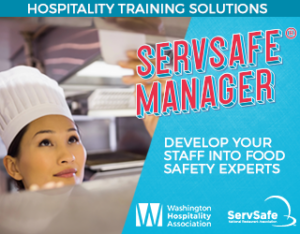



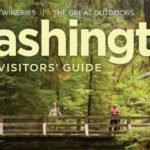



![Webinar replay! [Ask a Lawyer] Best hiring practices](https://wahospitality.org/wp-content/uploads/2024/05/CatherineHiring-webinar-150x150.png)

